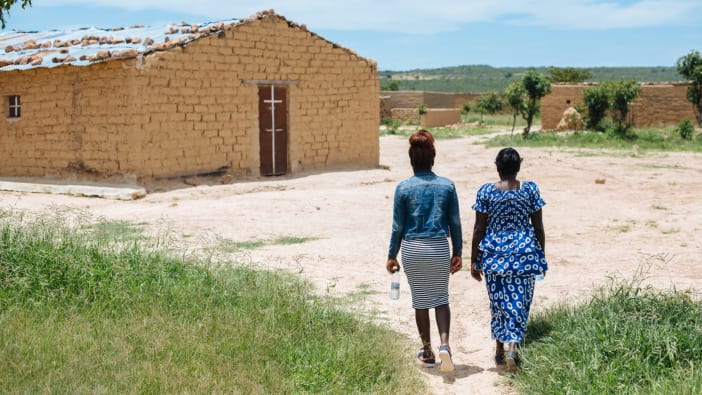These three Bible studies can be used together or separately. The opening activity can be used before any or all of the discussions.
Opening activity
Introduce yourselves by sharing a ‘birth story’. Nearly every family or group of friends has a story about a remarkable, funny, or difficult birth. Ask participants to share these stories with one another, if they feel comfortable doing so.
The birth of Jesus
Read Matthew 1:18-25 and discuss:
The Christian tradition has placed much importance on Jesus’ mother’s unmarried status because of the fulfilment of prophecy regarding a virgin conceiving.
- If Mary walked into our church, how would we treat her?
- If Mary walked into a hospital, how might she be treated?
Read John 1:14 and discuss:
We read that ‘The Word became flesh and dwelt among us’.
- How does this affect the way you think about maternal health?
Read Luke 2:1-7 and discuss:
- How does the story of Mary giving birth to Jesus in a stable, because there was no room in the inn, relate to the story of maternal health in your family and in your community?
Thinking about all the passages of scripture above:
- What does God teach us about the significance of maternal health through Jesus’ birth?
Names given in sorrow
In the Old Testament we find that sometimes babies were given names which show the difficulty their mothers had in labour. Benjamin, which means ‘son of my right hand’, was given the name by his father. Rachel, his mother, had given him the name Ben-Oni, which means ‘son of my trouble’, before she died (Genesis 35:16-18). Jabez was so called because the name sounded like the Hebrew word for pain – but he turned his pain into a prayer (1 Chronicles 4:9-10).
- How do the stories of our births affect our lives?
- How does God bring healing from difficult births?









